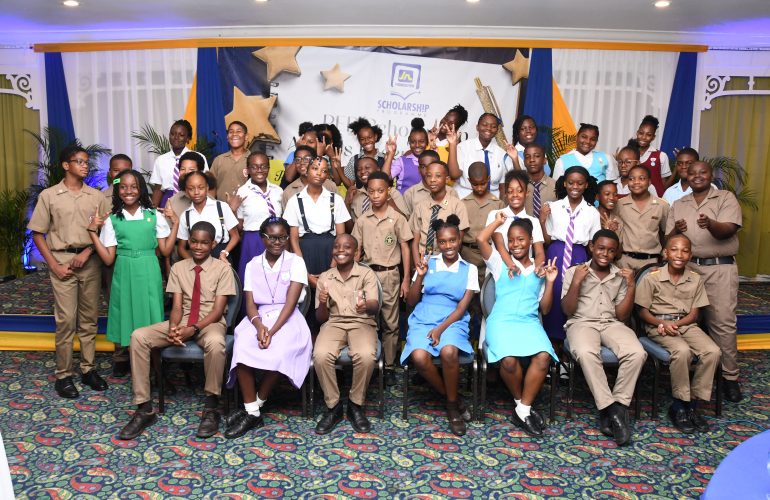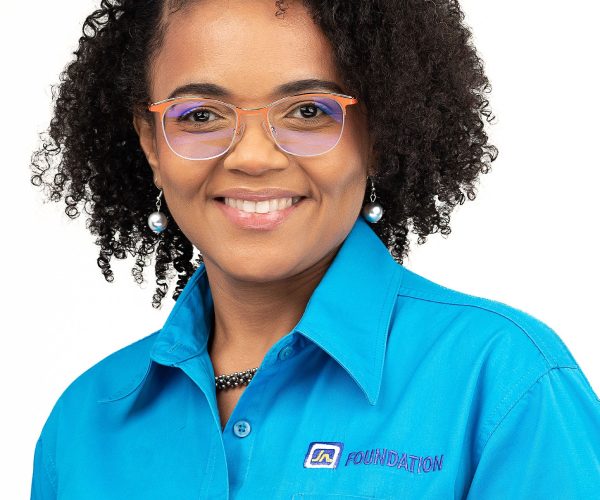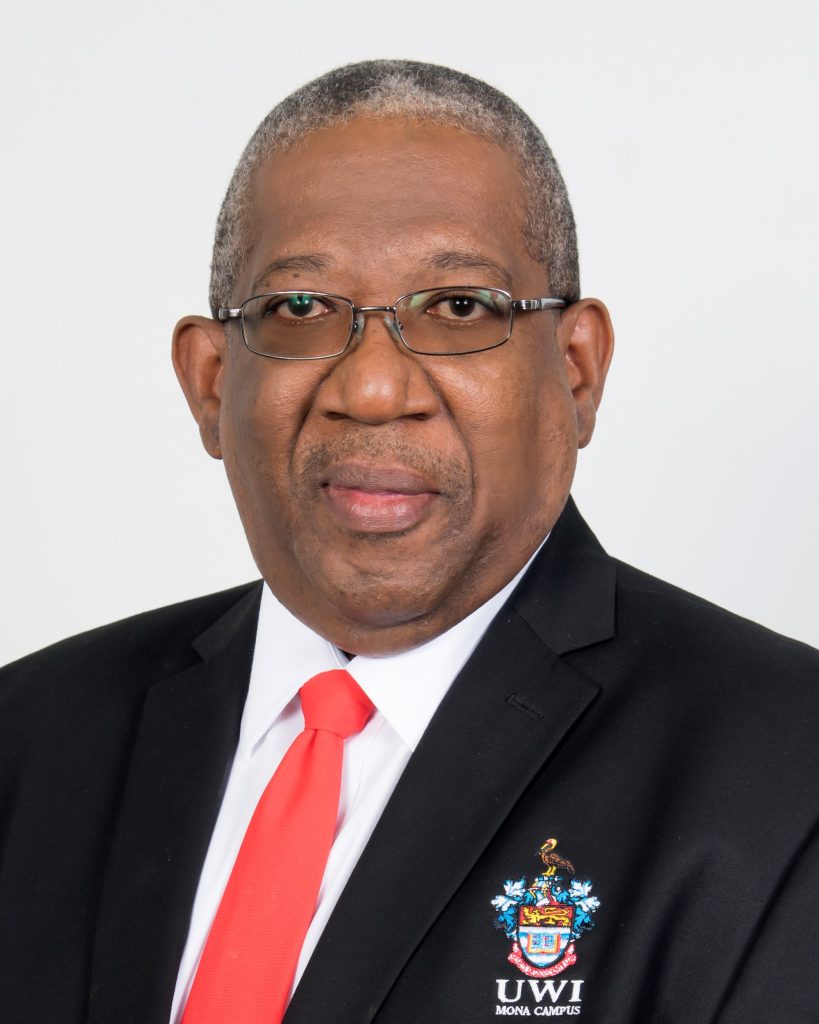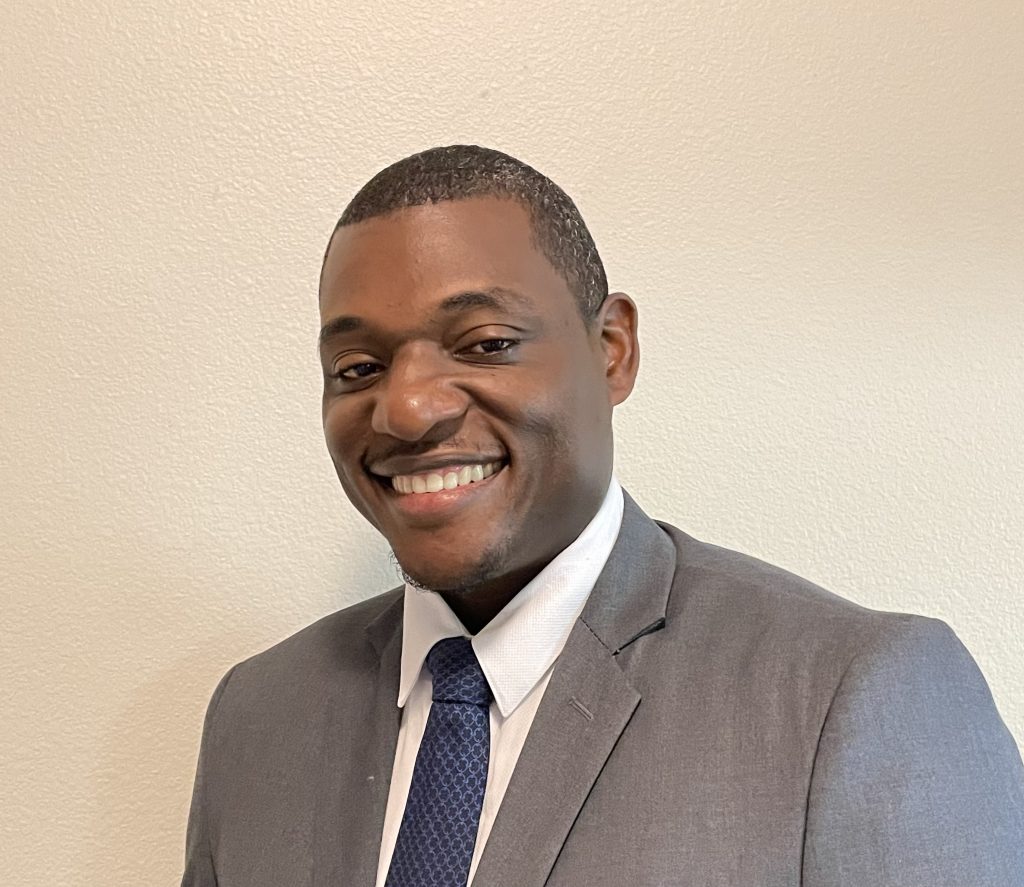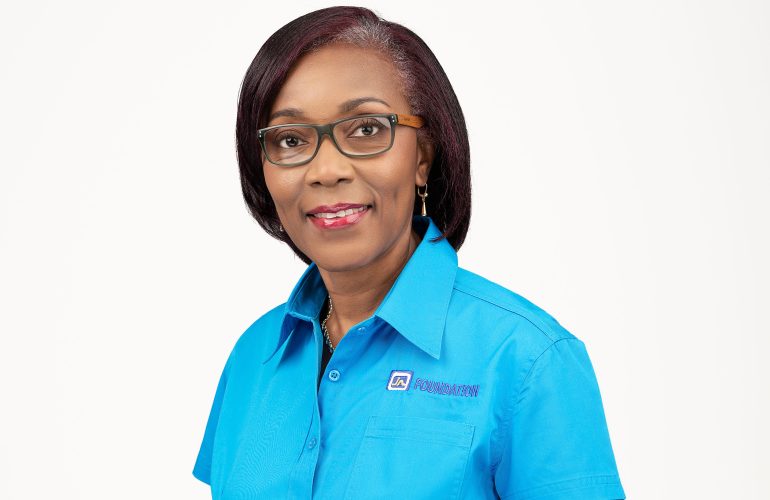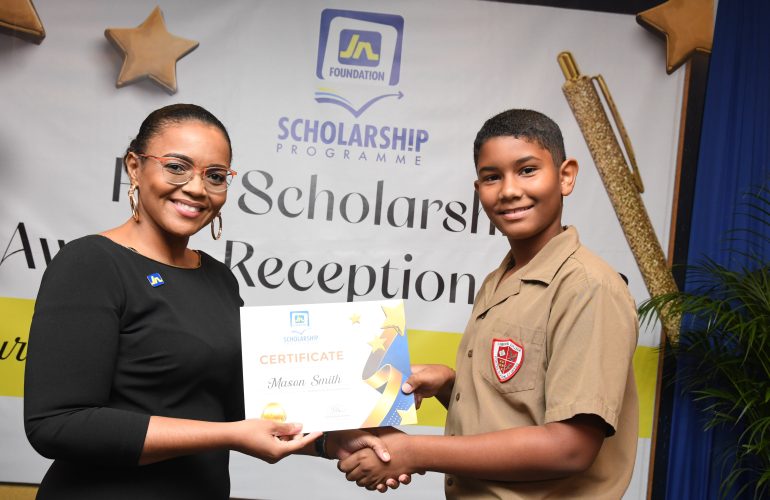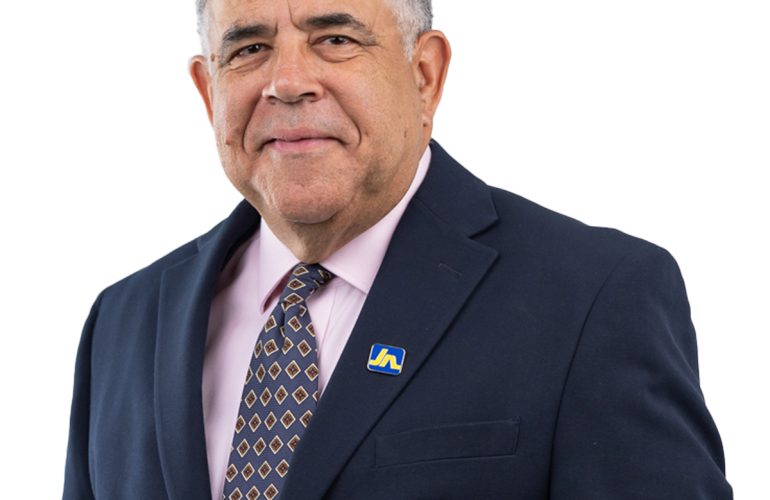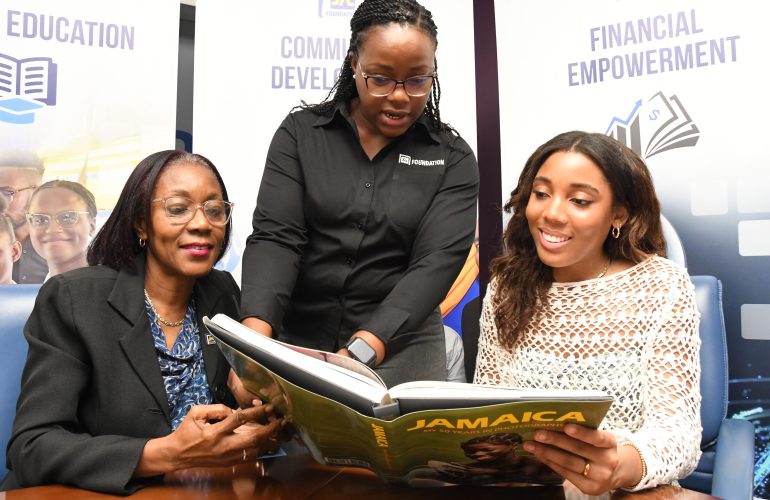Post Caption: Carleigh Franklin (right), grand prize winner of a trip for two to Jamaica in the Union of Jamaican Alumni Associations (UJAA) essay competition, views a pictorial book highlighting life in Jamaica during a courtesy call on Rose Miller (left) Manager, Strategic Empowerment Programmes, and Shanna Kaye Wright Vaughn, Lead, Youth & Education Programmes, at the JN Foundation New Kingston office on March 19.
Winning Moment
Carleigh Franklin was beside herself when her name was called as the grand prize winner of a trip for two to Jamaica in the Union of Jamaican Alumni Associations (UJAA) essay competition, last year, while a student at The Westminster Schools in Atlanta.
She had awoken just five minutes before the start of the virtual ceremony and joined with little expectation of winning a prize.
“The person reading out the awards went down the list of names and I didn’t hear my name. Then, they got to the top spot and my name was read out. I was obviously in shock. My mom was sitting across from me at the dinner table, and we started jumping,” said Carleigh during a courtesy call at the JN Foundation with Shanna Kaye Wright Vaughn, Lead, Youth & Education Programmes and Rose Miller, Manager, Strategic Empowerment Programmes, at the JN Foundation New Kingston office on March 19.
A Reluctant Participant
The 19-year-old disclosed that she was hesitant to enter the competition but eventually did with encouragement from her mother, Prudence Franklin.
“It was my senior summer. I had just graduated; I had just written all my college essays,” she pointed out, explaining that she wanted the time to rest. “My mom persuaded me to do one more essay. She had so much faith in my writing.”
Although Carleigh enjoys journalling and often received commendations from her English teachers for her writing, she had never previously considered entering an essay competition.
“I’ve never seen myself as a competitive writer,” she said.
Carleigh, now a freshman at the Georgia Institute of Technology, Atlanta, was accompanied by her mother and brother, Robert, on the trip.
About the Competition
Now in its 34th year, the annual UJAA High School Graduate Awards and Essay Competition is open to all US High School Seniors of Jamaican heritage. The UJAA is a non-profit umbrella organisation for more than 60 alumni associations of Jamaican schools and other educational institutions.
The competition seeks to stimulate students to share their perspectives and personal experiences with different cultures. The prize trip to Jamaica aims to provide an opportunity for the winner to gain deeper insights into Jamaican life and culture.
In her essay entitled “The Best of Both Worlds,” Carleigh conveyed the diverse mix of her cultural background and how it influences her outlook on life.
“The intersections of my distinct backgrounds have created my unique cultural identity and have awarded me with a metaphorical view of my life. If each of my cultural backgrounds could be represented by the circles of a Venn diagram, the best of both worlds would exist within the intersection; the collision of two distinct rich cultures intertwining to make me,” she wrote.
“The strong unwavering spirit of Jamaica is built upon a rich history and powerful leaders, and knowledge of this heritage is the greatest tool I possess for guiding my future for generations to come,” she expressed.
As the first generation of African-Americans in her family, Carleigh pointed out that her unique identity has allowed her and other Jamaican Americans like her to continue bridging the cultural dissonance existing between black immigrants and African Americans.
Empowering Through Education and Cultural Exchange
The Jamaica National Group and by extension, the JN Foundation, which places a high premium on youth, education, and the Diaspora, has been a supporter of the UJAA for many years, providing the winner with the opportunity to meet with members of the Jamaican team and to be exposed to the business sector in Jamaica.
Mrs Miller is proud of Carleigh’s accomplishments.
“She embodies the transformative power of education and cultural exchange. Her story reaffirms the importance of fostering connections within the Jamaican Diaspora and beyond. Carleigh’s journey exemplifies the profound impact of these initiatives, showcasing how education and cultural exchange can truly transform lives,” she related.
“Through dedicated efforts in youth engagement, financial empowerment, and community development, we, at the JN Foundation, are committed to fostering positive change and facilitating opportunities for growth. We are inspired by Carleigh’s journey and remain steadfast in our mission to empower young minds to reach their fullest potential and contribute meaningfully to their communities.”
Although it was Carleigh’s sixth or seventh visit to the island, it was her first time visiting Kingston. She said she was thrilled to meet members of her maternal family for the first time who are living in Kingston.
“My life has changed. I’ve met so many family members. It’s so very emotional for me.”
Carleigh is currently studying Biology to pursue a career in medicine and healthcare. She hopes to bring transformation to healthcare services in the United States.
“With my communication skills I hope to bridge the gap between the healthcare system and patients of all backgrounds,” she said.

